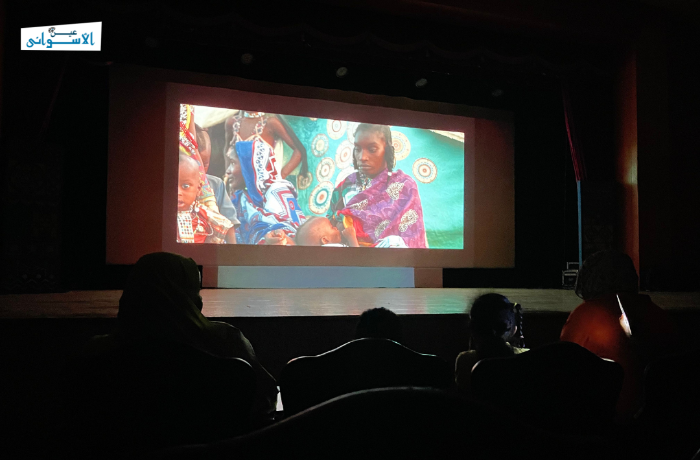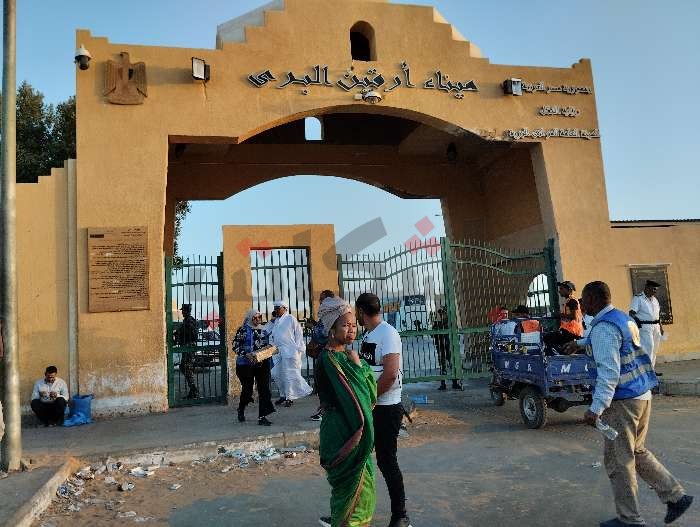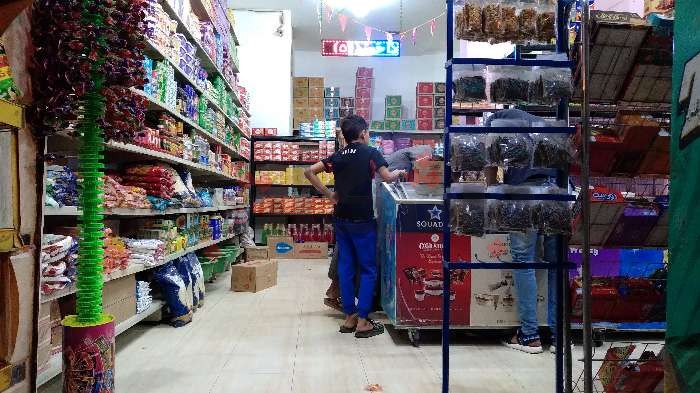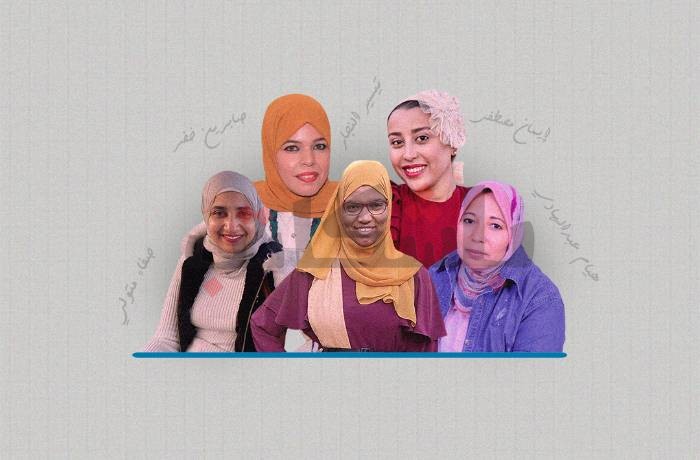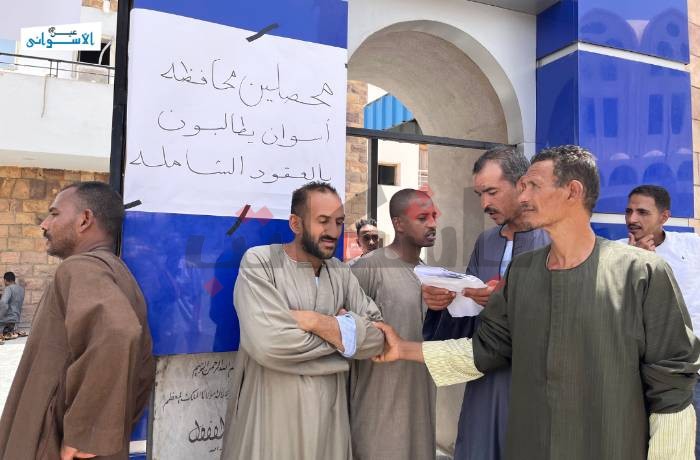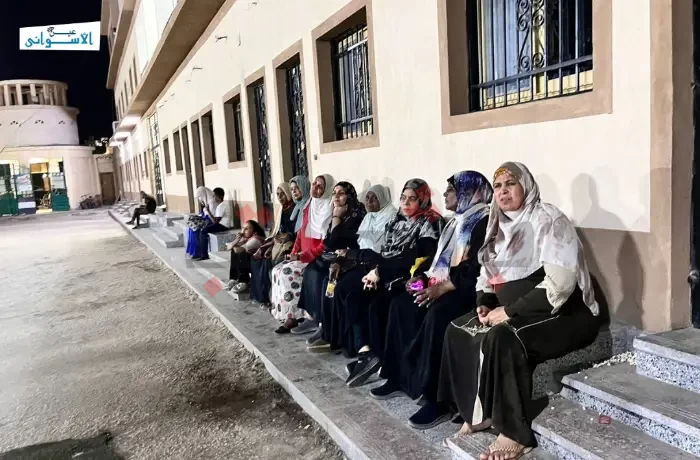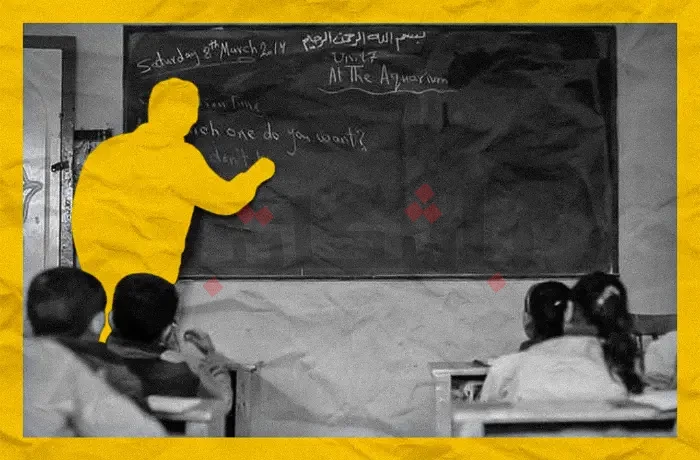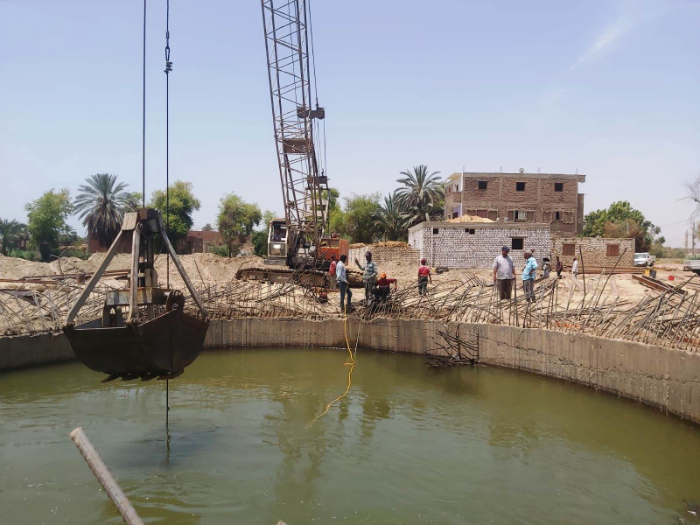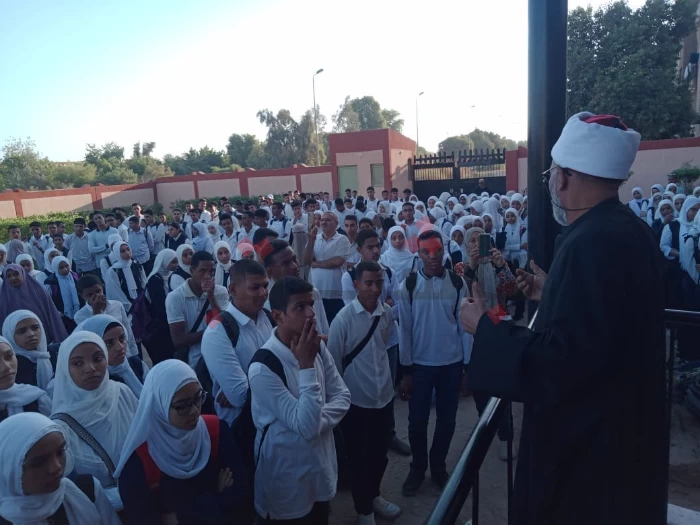Over the past year of criminal attacks against Palestinians in the Gaza Strip and other Palestinian territories, it has become evident that some Western media outlets have adopted narratives later revealed to be false, misleading, inadequate, or biased. These narratives predominantly support the Israeli occupation's viewpoint, often using the same terminology.
Despite numerous reports exposing the partiality of social media in this conflict, with platforms clearly siding with Israel, the increased publications by Palestinians and their supporters, who highlighted their rights and condemned the violations and genocide they faced, have helped to uncover these biases and misinformation.
The strategy of disseminating falsehoods and injecting the occupation narrative into Western and Arab societies is not new; it is part of the broader battle to control the narrative. This tactic was particularly evident throughout the past year.
One of the most significant false narratives emerged shortly after the launch of the "Al-Aqsa Flood" Operation on October 7th, 2023. BBC journalist Liz Doucet, chief international correspondent in southern Israel, responded to a reader's inquiry about Hamas building tunnels under hospitals and schools in Gaza.
A day after Doucet's report was published on October 16th, 2023, the Israeli army bombed the Baptist (Al-Ahli Arab) Hospital at dawn on October 17th. Doucet's report relied on a 2021 map from the Israeli Ministry of Defense, showing tunnel locations, without referencing neutral sources.
Dr. Hassan Salama, professor of international relations, notes that the Israeli occupation authorities receive unwavering support from some Western media outlets in their genocidal campaign in Gaza. During a phone interview on Extra News Channel last April, he remarked that a media machine operates in tandem with the Israeli war machine, presenting numerous claims and lies that contradict reality.
Beheading 40 Children
One of the most widely circulated falsehoods by supporters of the Israeli occupation was a claim made by a journalist on the Israeli channel "i24." During live coverage from the settlement of "Kafr Azza," she alleged that the Palestinian resistance had beheaded 40 children. This unverified claim was widely disseminated, and US President Joe Biden further perpetuated it during a live interview, stating he had seen photos of the children. The subsequent revelation of the claim's falsehood prompted the White House to issue a statement denying that Biden had seen such pictures.
Dr. Yasser Dahab, Vice President of the Arab Academy for Science and Technology's Aswan Branch, discussed the complexities of social media's impact on public opinion and emotions in his interview with "Ain Al-Aswani." He explained that manipulating information—whether through the dissemination of false facts or rumors—can erode trust in actual events. Dahab highlighted that techniques aimed at spoiling the public mood and spreading rumors to heighten anxiety negatively affect individuals' and societies' psychological states.
While technology has the potential to drive change, it can also be misused to spread false information. Many individuals may lack the motivation to critically assess the information they receive without verification. Therefore, educating users on how to handle information and verify its accuracy is crucial.
Ban Equals Misleading News
The spread of fake news is closely linked to Israel's decision to bar correspondents from entering Gaza to cover the conflict. This ban has created a turbulent media environment, allowing for the manipulation of facts and the dissemination of narratives aligned with specific agendas that shape public perception of events in Gaza.
In an interview published by the United Nations website in May 2024, Irene Khan, the UN rapporteur, asserted that Israel’s decision to prevent any international media outlet from entering Gaza constitutes a violation of freedom of expression and the media's right to operate during wartime. She noted that a recently passed law permits this ban, with Israeli authorities now attempting to prohibit Al Jazeera, the sole international media outlet operating in Gaza.
While some Western news outlets label Hamas as a terrorist organization, despite the European Court of First Instance in Luxembourg overturning the decision to include Hamas on terrorism lists in 2019, Israel has not been described similarly, despite the genocidal actions it commits against Gaza's residents.
A report published by the Intercept in January 2024 revealed that CNN journalists covering Israel and Palestine must submit their work for review to the network’s Jerusalem office, which operates under the supervision of the Israeli Defense Forces censor. This long-standing policy aims to ensure accuracy in covering a controversial topic, according to the network.
The report highlighted that much of CNN's coverage of the Gaza conflict and its aftermath was produced by journalists working under the constraints of the country's military censorship.
Using Social Media to Spread Falsehoods
Israel has not only utilized traditional media but also exploited social media platforms to disseminate misleading information. These platforms serve as effective tools for spreading certain narratives due to their ease of circulation, which facilitates the spread of rumors and inaccurate news, shaping public opinion to serve Israeli interests while casting doubt on the Palestinian narrative's veracity.
Dahab explains that a common method involves groups like the "brigades" disseminating unified content across multiple accounts, aiming to manipulate public awareness and undermine trust in information. Paid advertising further amplifies the spread of both true and false information, enhancing its reach rapidly.
Vera Jourova, Vice President of the European Commission, warned in September 2023 that the "X" platform harbored the highest percentage of misleading information compared to other social networks.
A year after the war on Gaza, Jourova’s warning was validated as the “X” platform became a tool for promoting the Israeli agenda, witnessing a surge of misleading videos and images related to the conflict, amassing millions of views.
Dahab likens this to a previous experiment demonstrating the rapid spread of information in the digital age, which relied on each individual’s network of followers. When someone shares a post, it can quickly propagate through these networks, creating a multiplier effect.
“Meta” Platforms Restrictions
Since the onset of the conflict on October 7th, social media platforms, particularly those affiliated with Meta, have experienced significant repression and changes in security algorithms. Numerous user accounts were closed or restricted without explanation, while others received warnings stating that their content incited violence and hatred.
Controversy arose around Facebook when several users accused the platform of deleting posts related to the Palestinian cause or limiting their circulation. According to a report by Human Rights Watch published in December of last year, entitled "Breaking Promises," Meta employed six primary patterns of censorship on users' posts: removing content, suspending or removing accounts, restricting interaction with content, preventing account follows or mentions with a tag, limiting the use of features such as live broadcasting on Facebook/Instagram, and significantly reducing the visibility of a person’s posts, stories, or account without notice, a practice known as shadow banning.
The organization noted that Meta's actions were based on its policy regarding dangerous organizations and individuals, which aligns with the United States' designated lists of terrorist organizations. This policy has been used to restrict legitimate expressions concerning the hostilities between Israel and Hamas. The United States classifies Hamas as a terrorist organization and considers it a threat to national security due to its armed activities against Israel.
Navigating Around Misinformation
Supporters of the Palestinian cause have devised ways to bypass Meta's algorithms through a method known as "Algospeak." This involves using unique phrases, alternative spellings, and code words to prevent their posts from being suppressed. For instance, they alter the spelling of words like Palestine and Gaza, or insert commas and dots between letters. Additionally, some symbolize Palestine with a watermelon, reflecting the colors of the Palestinian flag, to navigate the company's policies, which lack human oversight, making circumvention easier.
Dahab explains that these algorithms are designed to protect posts related to Palestine from being blocked by deceiving artificial intelligence, which searches for specific patterns linked to these topics.
Given the ease with which lies can spread on social media without verification, Dahab underscores the need for specialized media outlets that can refute daily news events and serve as reliable information sources. Achieving this requires significant effort and dedication to regularly updating information, assembling specialized teams, and organizing fact-checking mechanisms using verification tools and techniques, all while presenting information in an engaging manner.

